It’s important to know what to expect when you are expecting. As you prepare for the birth and care for a new baby, you will want to know what to expect during prenatal visits and during post-partum mom aftercare and well-baby visits.
Know What to Expect — during prenatal visits.
- Weigh-Ins: Your doctor will want to monitor your weight throughout your pregnancy.
- Blood Pressure Checks: Blood pressure checks are standard operating procedures at prenatal visits. Blood pressure can be an indication of wellness or possible complications for both you and your baby.
- Blood Work: There are a few sticks during normal prenatal care. On the first visit, your doctor will order a blood draw to confirm your blood type, check cell counts, and test for STDs. There is at least one blood draw during the second trimester as part of the glucose screening.
- Pelvic Exams: Normal, low-risk pregnancies don’t require pelvic exams during every doctor’s visit. However, your practitioner will perform a complete physical exam, including a pelvic exam with a pap smear, at your first appointment. Late in your third trimester, your doctor will likely do a cervix check at each weekly visit.
- Urine Samples: Plan on giving a urine sample at the beginning of every prenatal visit. The sample can tell your doctor two things: 1) If it contains glucose, you may be developing gestational diabetes, and 2) if it contains protein, you might be developing preeclampsia.
- Abdomen Measurements: Once you begin to show, your practitioner will begin measuring your belly vertically from the top of your uterus to your pubic bone. This is known as measuring “fundal height” and can help check your baby’s development.
- Ultrasounds: Every mama-to-be can expect to have at least one ultrasound between 18-21 weeks. As your pregnancy progresses, your doctor might order more ultrasounds if necessary.
- Fetal Heart Rate Checks: Every visit will include a listen to your baby’s heart rate. Anywhere from 110-160 beats per minute is normal for a baby in-utero.
- Vaccinations: New vaccine guidelines recommend pregnant women receive whooping cough (Tdap) booster between 27-36 weeks of pregnancy. The antibodies your body creates will cross the placenta and provide some immunity to your newborn baby in the months before vaccinations. Many doctors also recommend that pregnant women get a flu shot.
- Gestational Diabetes Test: Between 24-28 weeks, you’ll take a test to see if you might be developing gestational diabetes. You’ll have to drink an extremely sweet glucose drink and submit to a blood test an hour later. Should your sugar levels come back to high, additional testing might be required.
Prenatal Visit Schedule
Week 8-10 (approximately)
- Pregnancy confirmation
- Ultrasound – if necessary and particularly for patients who are unsure of their last menstrual period date or who have had a history of miscarriage
- Doctor/Nurse Practitioner/Midwife discusses ultrasound findings
Week 11-13 (approximately)
- OB workup
- Doctor/Midwife visit: pap smear, physical exam
- Lab work
- First Trimester Screening
Week 16-18
- Doctor/Midwife visit
- AFp4 blood test – a test that shows if you are at increased risk of having a baby with Down syndrome, trisomy 18, or an open neural tube defect
- Amniocentesis, if necessary; must be scheduled along with genetic counseling
Week 18-21
- Ultrasound
- Doctor/Midwife visit
Week 24-26
- Rhogam (if Rh negative)
Week 26-28
- Doctor/Midwife visit
- 1-hour Glucose Tolerance Test
- Hemoglobin, Antibody Screening (if Rh negative)
Week 28-30
- Doctor/Midwife visit
Week 32-34
- Doctor/Midwife visit
Week 36
- Doctor/Midwife visit
- Group Beta Strep Culture (36 weeks)
Week 37
- Doctor/Midwife visit
Week 38
- Doctor/Midwife visit
Week 39
- Doctor/Midwife visit with Cervical Exam
Week 40
- Doctor/Midwife visit with Cervical Exam
Week 41
- Ultrasound
- Non-Stress Test
- Doctor/Midwife visit with Cervical Exam
- Discuss induction with a provider
Know What to Expect — During post-partum aftercare and well-baby visits.
Post-partum aftercare and well-baby visits are important for their well-being. You and the baby should visit the doctor regularly for at least the first two years after the baby’s birth.
After-Care Visits — Expect to visit the doctor at the following times:
- Within the first week after discharge from the hospital
- 1 month
- 6-week post-partum check for mom
- 2 months
- 4 months
- 6 months
- 9 months
- 12 months
- 15 months
- 18 months
- 24 months
Well-Baby Visits – Yours may differ slightly, but typically your nurse and doctor will do most of the following:
- Give you a chance to ask any baby-related questions.
- Ask about how both you and the baby are doing.
- Ask questions about the baby’s feeding, sleeping, and development.
- Measure your baby’s weight, length, and head circumference.
- A complete physical exam includes checking your baby’s belly, heartbeat, breathing, hips, legs, arms, back, spine, eyes, ears, nose, mouth, throat, neck, underarms, lymph glands, genitals, skin color and tone, and reflexes.
Before wrapping up the visit, any scheduled vaccines will be given.







